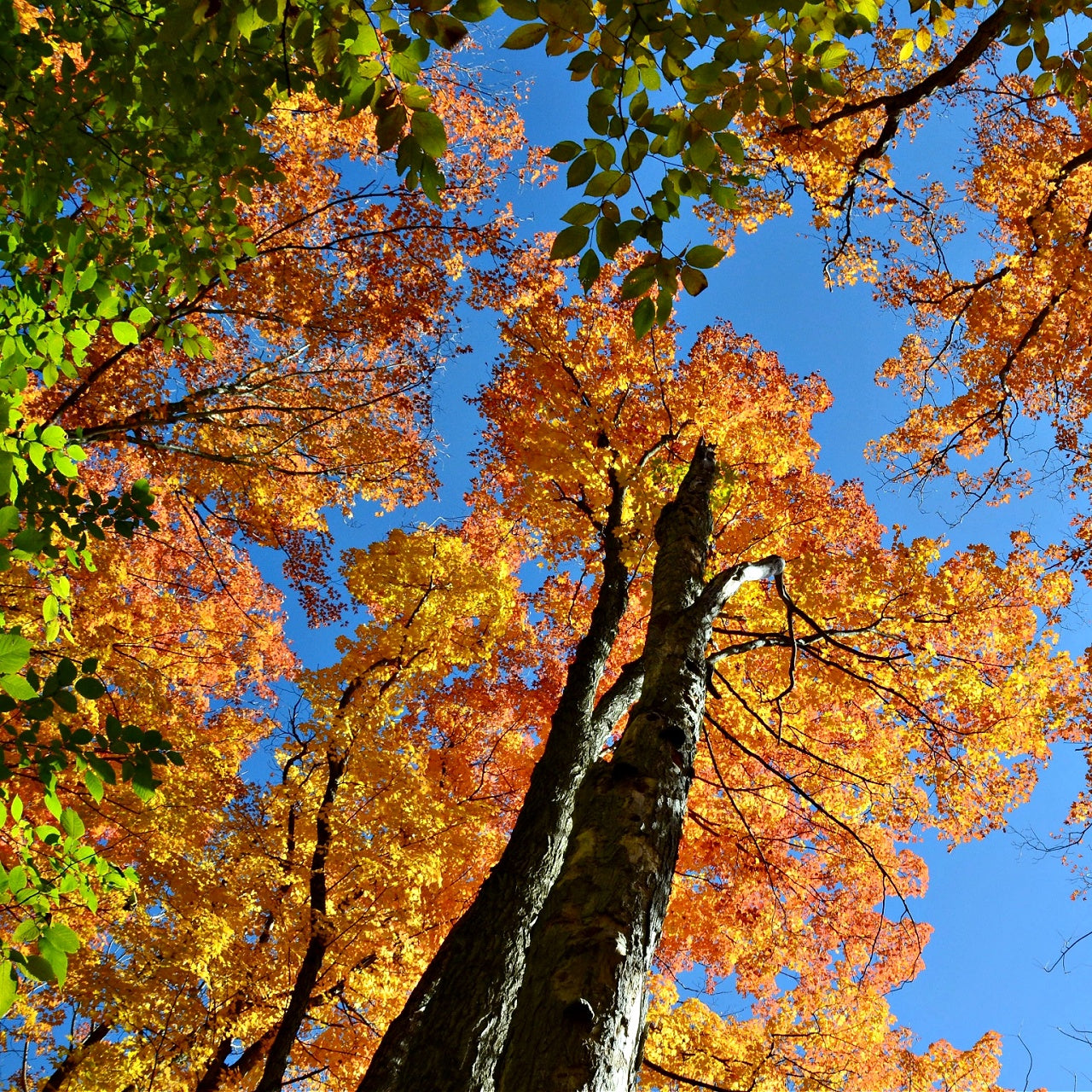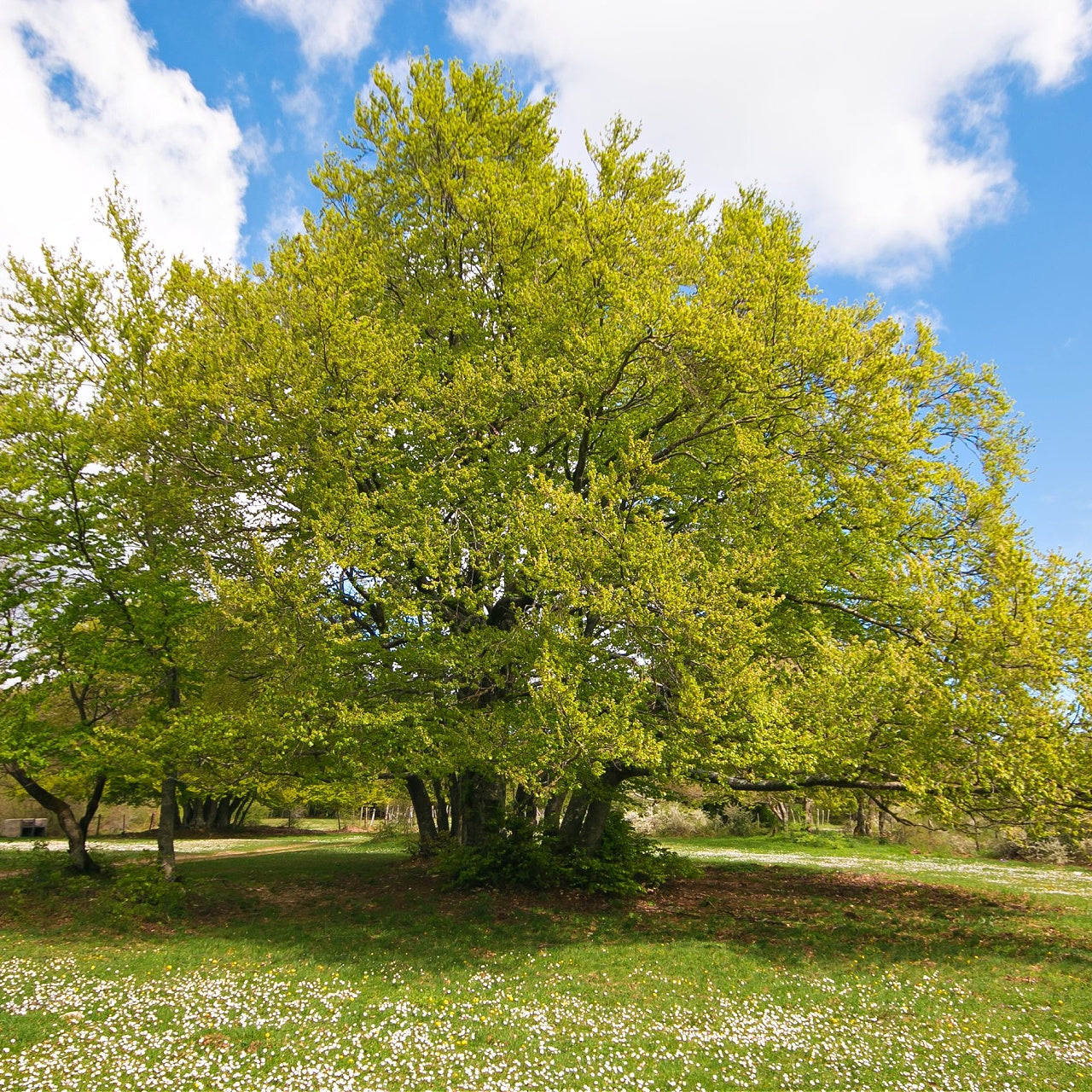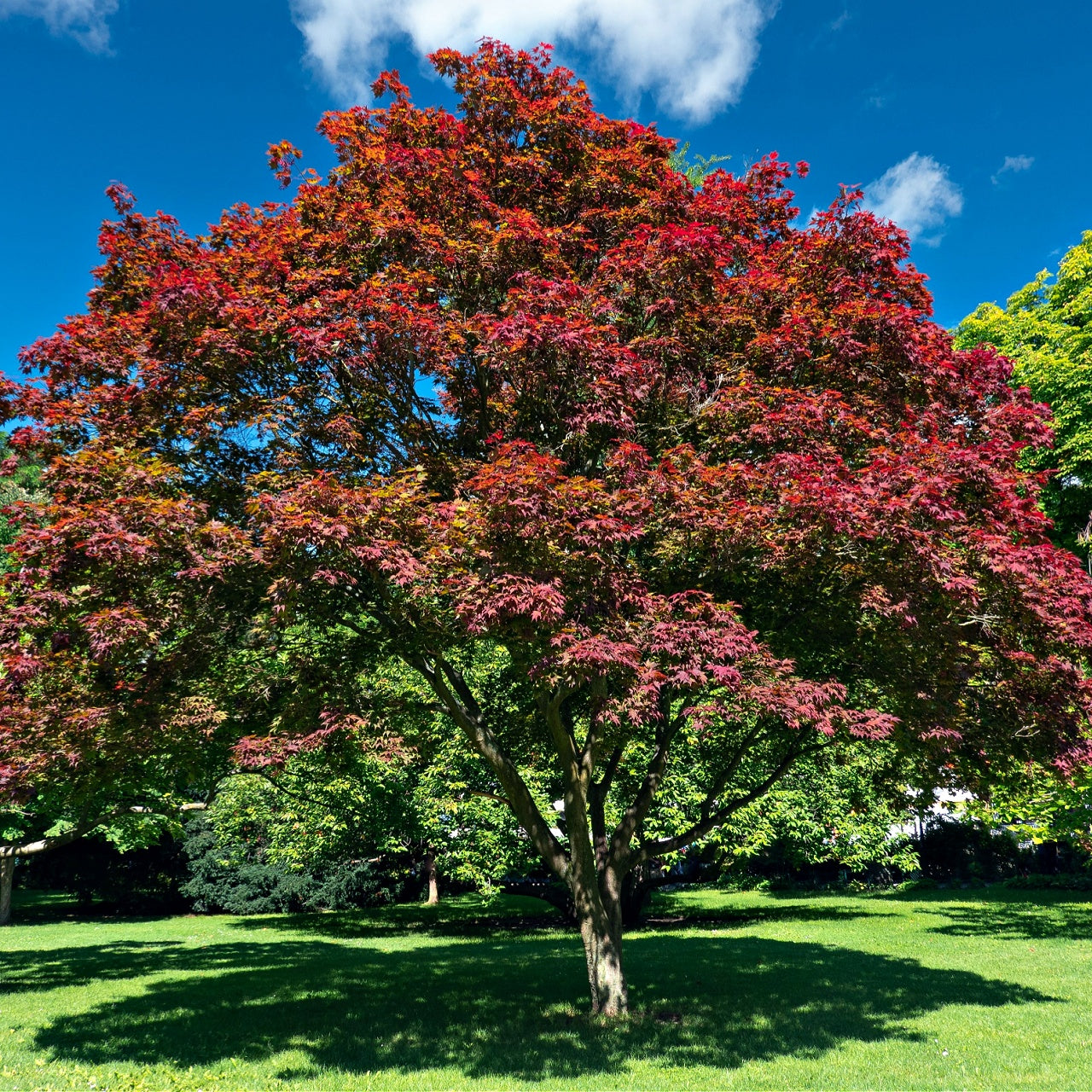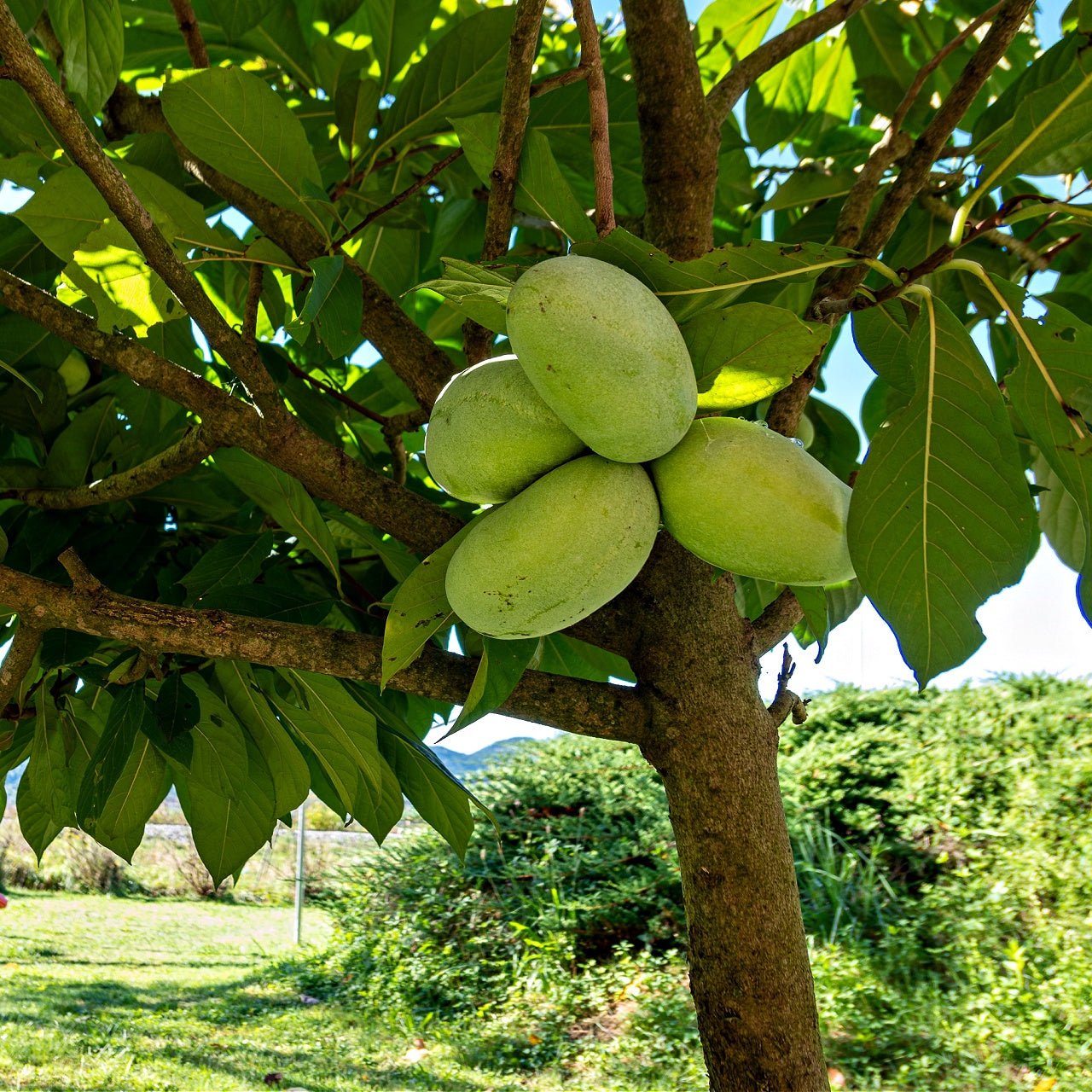
Unique Virginia Pine Tree
Unique Virginia Pine Tree
Virginia pine, also known as Pinus Virginiana, is a tree species and a subspecies. It is found naturally growing in the eastern part of North America. Virginia pine trees can grow anywhere from 15 to 40 feet in height. They can spread up to 8-14 feet wide when fully grown.
How Do You Take Care of Virginia Pine Trees?
Virginia pine trees prefer deep, well-drained soil amended with plenty of organic matter. They do not tolerate drought well, so make sure there is ample water during dry periods. They also need regular fertilizer applications every few years to keep their growth strong.
How Much Sunlight Can a Virginia Pine Tree Take?
The Virginia pine is a sun-loving tree that requires plenty of sunlight to grow and thrive. Without enough light, the tree may become leggy and thin out due to a lack of foliage growth.
Does Virginia Pine Back Up Yearly?
This pine tree produces new shoots yearly near its base called water sprouts. These shoots can be removed to prevent crowding at the base of the plant as it grows more prominent over time. If left alone, however, they will eventually grow into new trunks that produce more branches and foliage further up on the main stem of your plant.
How Does a Virginia Pine Tree Look Like?
The bark is reddish-brown and smooth when young, becoming furrowed shallowly with age. The leaves are needle-like and arranged in bundles of 5 to 10 needles each. The needles are 2 inches (5 cm) long, light green above, and yellowish below.
Where Does the Virginia Pine Tree Grow?
Virginia pines grow naturally along the coastal areas of the southeastern United States from southern Georgia southward through Florida and into eastern Texas. They also grow well in central Florida, where they have been planted as an ornamental tree since the early 1900s.
What Are the Environments in Which Virginia Pine Trees
Grow?
Virginia pines grow best in sandy soil that stays moist but drains well; they also need total sun exposure to thrive. They will grow in partial shade, reducing their growth rate significantly.
Are Virginia Pine Trees Toxic?
The Virginia pine (Pinus virginiana) is not toxic to people or animals if ingested. However, it should never be eaten by horses because it contains toxins that can damage the heart and the digestive tract of equines if ingested in large quantities over time.
How To Grow a Virginia Pine Tree
Virginia pines need to be planted in the fall to develop strong roots before winter arrives; otherwise, they will have trouble surviving freezing temperatures without any roots to sustain them through cold spells. To plant your pine tree, dig a hole twice as wide as its root ball depth; this allows room for extra root growth as your tree grows more prominent over time.
How Do You Care for Virginia Pine Trees
Prune these trees regularly to keep them healthy and shapely, preferably during the winter when the sap is down, and new growth has not started yet.






